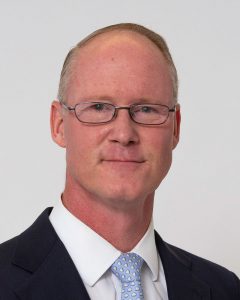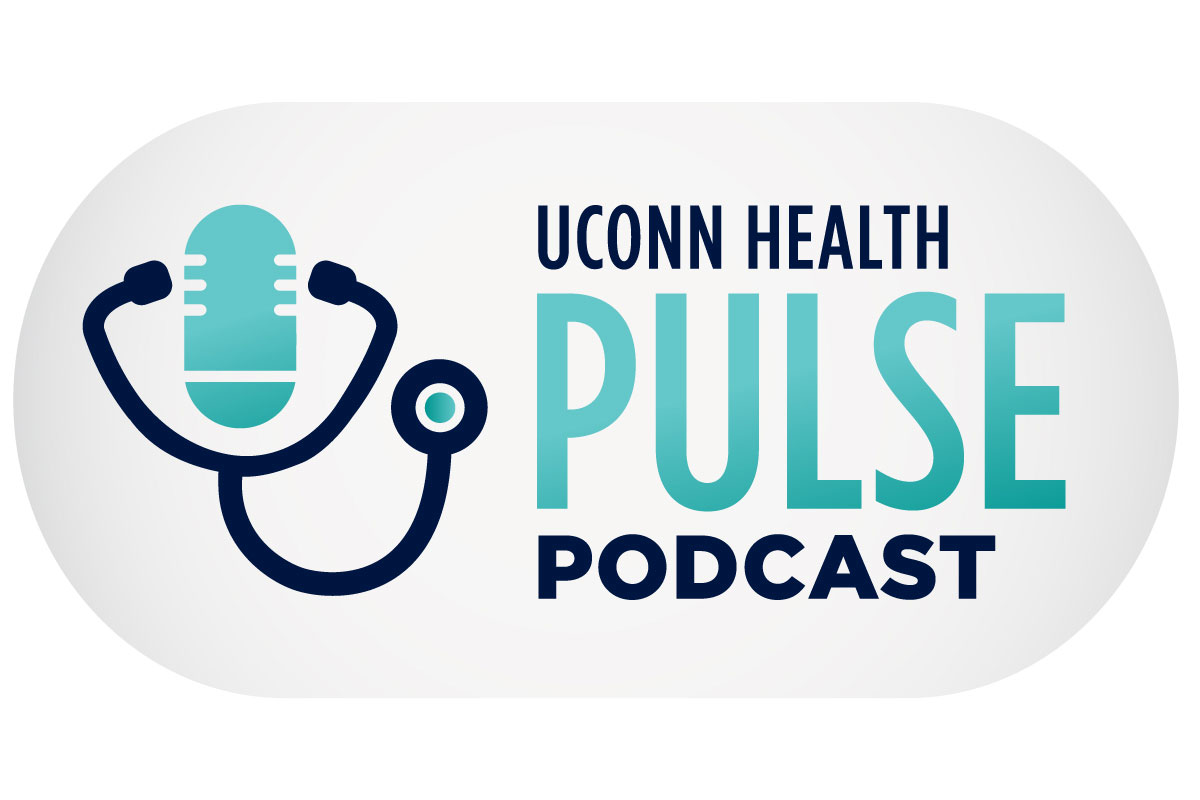Neuro-oncology is a relatively new specialty, not just at UConn Health but in general.

“It’s a discipline where we treat patients with primary brain tumors, tumors of the spinal cord, complications from systemic chemotherapy, and metastatic disease,” says Dr. Kevin Becker, who arrived from Yale last year to establish a neuro-oncology program at UConn Health. “We actually see ourselves as sort of quarterbacks for patients with brain tumors.”
Becker joined the UConn Health Pulse podcast to elaborate on his role.
“I think the most important thing about my job is, it’s not a singular person that takes care of these patients,” Becker says. “The fundamental need is to have a group, a division of people that work together hand in hand, to treat these patients. That’s absolutely critical. And that includes everything from the neurosurgeons, the radiation oncologist, the neuropathologist, but also mid-level providers are important: nurses, palliative care, and even sometimes psychiatry.”
Hear the entire conversation on the August episode of the UConn Health Pulse podcast.



